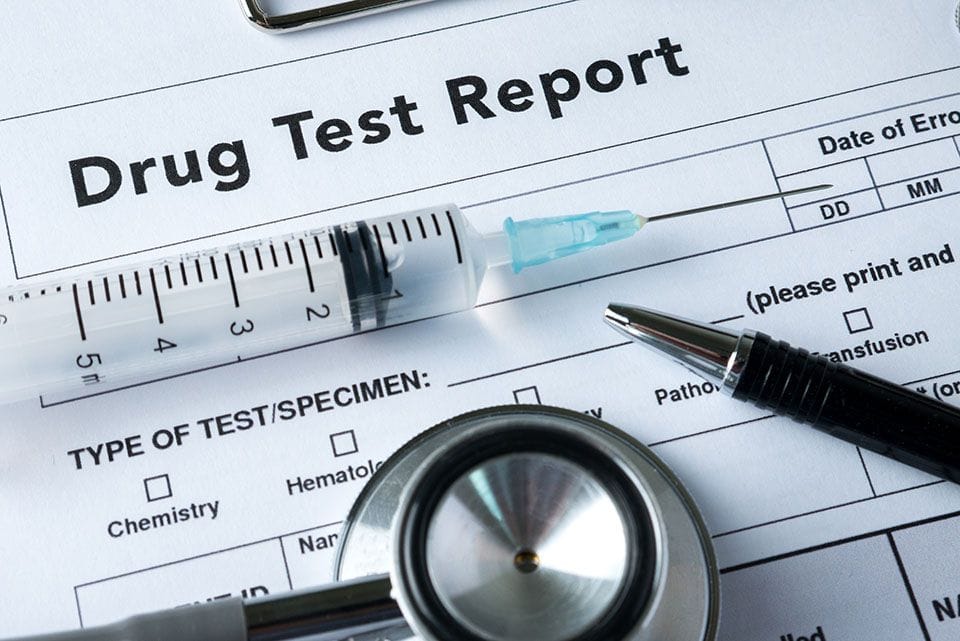Addictions are not limited to alcohol or drugs. People can become addicted to multiple substances and habits including gambling, sex, and eating. Researchers are finding links between addictions and overall addictive behavior. In a few studies on binge eating, researchers found links between binge eating fatty foods and craving cocaine and marijuana. With further research, scientists may be able to better understand how a person’s loss of control over a craving influences their risk of developing an addiction.
Loss of Control
The major similarity between binge eating and substance abuse is a person’s loss of control over craving and consuming the substance. Dr. Patricia Sue Grigson, professor in the Department of Neural and Behavioral Sciences at Penn State College of Medicine, led a study on this loss of control and excessive behavior that might signal that an individual is at risk for an addiction. The researchers observed the behavior in 4 groups of rats, all who were given different amounts of fatty foods and one group that was not given any fatty food. A little taste caused a lot of craving. Dr. Grigson reported that the group of rats that was most restricted to the fatty foods showed the highest binge-eating behavior. This group of rats was only allowed fats on Tuesdays and Thursdays compared to daily access and unlimited access of other groups. The rats who had unlimited access to fats ate the most fat, yet didn’t show the most addictive behavior to cocaine.
From Fats to Cocaine
The group that had the highest rate of binge eating also had the highest rate of craving for cocaine. Even when they were given a signal that cocaine was no longer available, they struggled to get it. Even when work became increasingly difficult to get the cocaine, the rats were determined to get to it. Grigson says that normally 20 percent of humans who experiment with cocaine will develop an addictive behavior to it. In this study, those who had engaged in binge eating were 50 percent more likely to acquire an addiction for cocaine.
Predicting Drug Abuse
Another study on the links between binge eating and drug abuse, published online in the Archives of Pediatrics & Adolescent Medicine, showed similar results. This study by researchers from the Boston Children’s Hospital followed 16, 882 children, ages 9 to 15 years old, from 1996 to 2005. Every year or two, these children were questioned on their eating habits, including overeating and binge eating. Researchers found that the children who engaged in binge eating or who were over-eaters were more likely to use marijuana and other drugs in later years. Caring for and conquering one addiction will help strengthen an individual who has the risk of multiple addictions. Addictions are not all the same. Each needs to be given its own attention. Through treatment, a person can be freed of harassing cravings and be stronger when other fighting off the cravings for other harmful substances.



